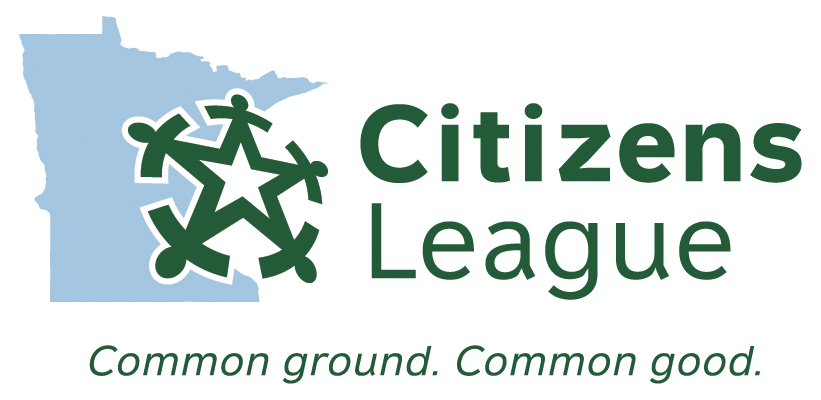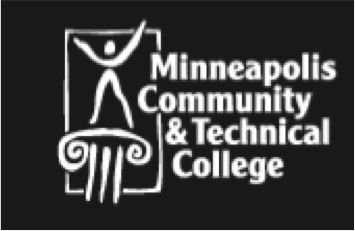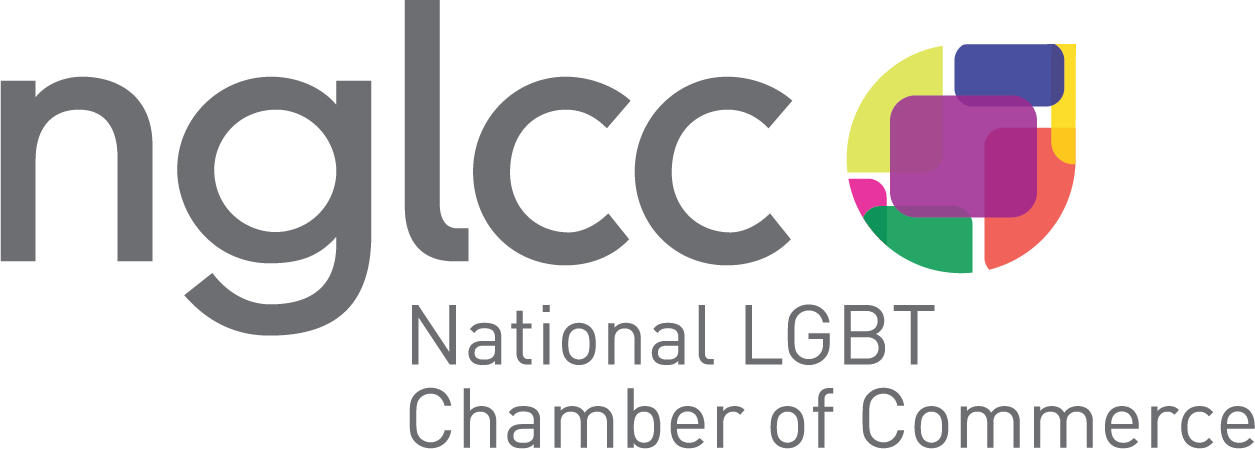 Max shares how coming into new identities has expanded his perspective of allyship and representation as it relates to both movement work and his work on campus. Working in the first and possibly only Minnesota two-year college campus LGBT Center, Max talks about navigating his many and various roles as educator, director and resource to many minority students on campus. Max centers the brilliance of adrienne maree brown and Mia Mackenzie, which are both pivotal to informing his approach to higher education inclusion work.
Max shares how coming into new identities has expanded his perspective of allyship and representation as it relates to both movement work and his work on campus. Working in the first and possibly only Minnesota two-year college campus LGBT Center, Max talks about navigating his many and various roles as educator, director and resource to many minority students on campus. Max centers the brilliance of adrienne maree brown and Mia Mackenzie, which are both pivotal to informing his approach to higher education inclusion work.
Maxwell Poessnecker currently serves as the Associate Director of Student Life and Director of LGBTQ Services at Century College. Maxwell openly identifies a queer, first-gen, trans-masculine educator. Within his work as a student affairs professional, Max strives to lift up marginalized voices and experiences, particularly those across intersections of race, gender, class, and sexuality. Max engages his work in higher education with intentional authenticity, which continues to be a work in progress. Off campus, Max enjoys being outdoors, brewing beer, woodworking, and spending quality time with his cat, Fitzgerald. Maxwell uses he/him and they/them pronouns.
Notable Quotes:
- “Particularly, like, my transness is very new to me. Because I didn’t really have the language or the identity to hold onto until within the last couple of years. In fact, I didn’t come out as trans until grad school. And a lot of that was by growing up in a small, rural place. Like I didn’t have the language and I didn’t have folks that I could see myself reflected in. And so I think that I’m in a place right now of really better understanding my identity, and where I fit into the work that I feel called to do.” 06:10
- “..But I also was frustrated with the notion that if I were to gain these characteristics, that that’s what society would want my transness to look like, right? And so I wanted to resist the notions of cisness and like what masculinity looks like, but at the same time, also feel like I belong and I have a space at the table.” 08:37
- “I don’t know that ‘Brave Space’ is ultimately where I want to land, but I know that it feels better than ‘Safe Zone’ or ‘Ally’, because we can’t guarantee safety to our students. We can to a certain extent, but after they leave our offices and classrooms, we don’t know what’s gonna happen to them.” 13:16
- “And I also don’t love the identity of being an ally, because I think that there’s so much empty symbolism that is paired with being an ally.” 13:45
On perfectionism: “Your experiences, your identity are valid, and you’re supposed to be in this place at this time. And so, setting very clear expectations and giving yourself a break. Not feeling that you have to do it all this year. You have tons of time to do lots of great work.” 21:44 - “Century College is, to my knowledge, at this point in time–well I know for sure we’re the first LGBT center on a two year campus in Minnesota.. And we might be still be the only in Minnesota.” 23:13
- On counseling vs teaching “I really appreciate having the ability to really be vulnerable with students, and I don’t see that a lot in the classroom. And so, I think that the way that I’ve been able to approach my work in the classroom is just being really real with my students. By telling them I am your instructor, however I don’t want this to seem like some sort of weird power dynamic. I’m here to facilitate conversation that you experience on a daily basis.” 36:01
- On white allyship: “I’m constantly trying to think of the ways in which I take up space.” 37:56
- “Being in this work, it’s frigging exhausting. Because, so oftentimes you are the only person that students see themselves in. And even if you don’t have identities that they also share, oftentimes you might be one of the few marginalized people that they feel that they can come to.” 44:20
- “I think in working for liberation, and true liberation, there is room for a variety of ways to show up in that movement, right? And so, I think, don’t ever discount your ability to be a part of any movement.” 48:11
- “I know that the only way to truly deal with pain is to let it in, and witness it’s truth.” 56:45
- Inspirational quote by Albert Camus: “The only way to deal with an un-free world is to become so absolutely free, that your very existence is an act of rebellion.” 1:00:25
Links Mentioned:
- Or “Emergent Strategy” by adrienne maree brown
- Other recommended resources include:
- Connect with Max:
Click here to start your free trial of Audible and download this recommended book for free: “Kindred” by Octavia Butler
*This post contains affiliate links and I will be compensated if you make a purchase after clicking on my links.
Join the newsletter

You are going to love this collection of the top 3 requested resources from our Social Justice Toolkit series! Download here.








